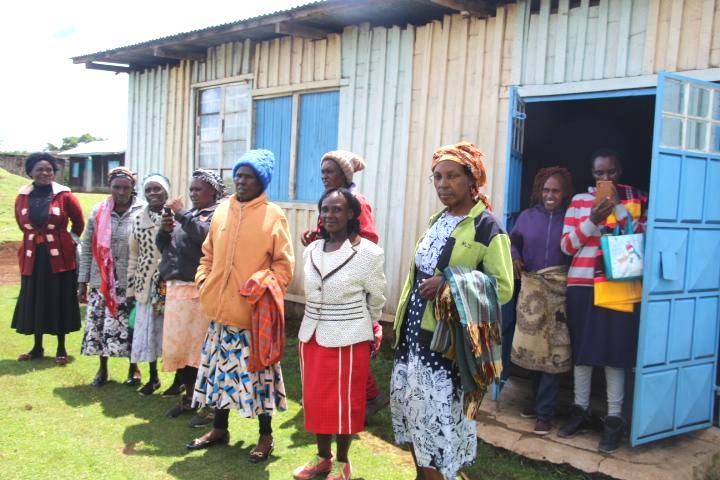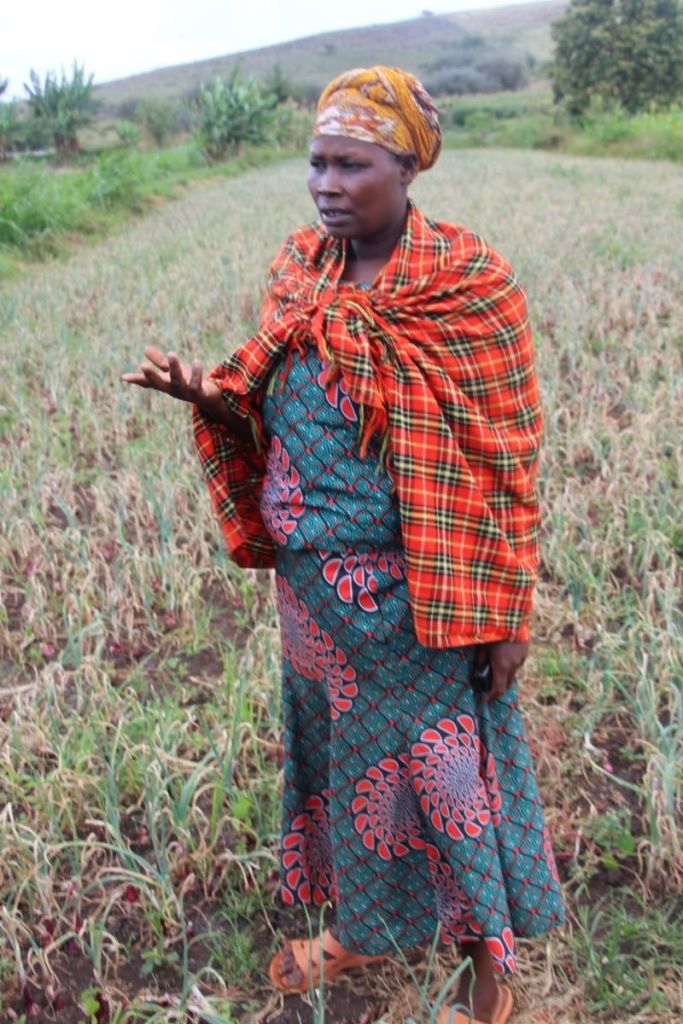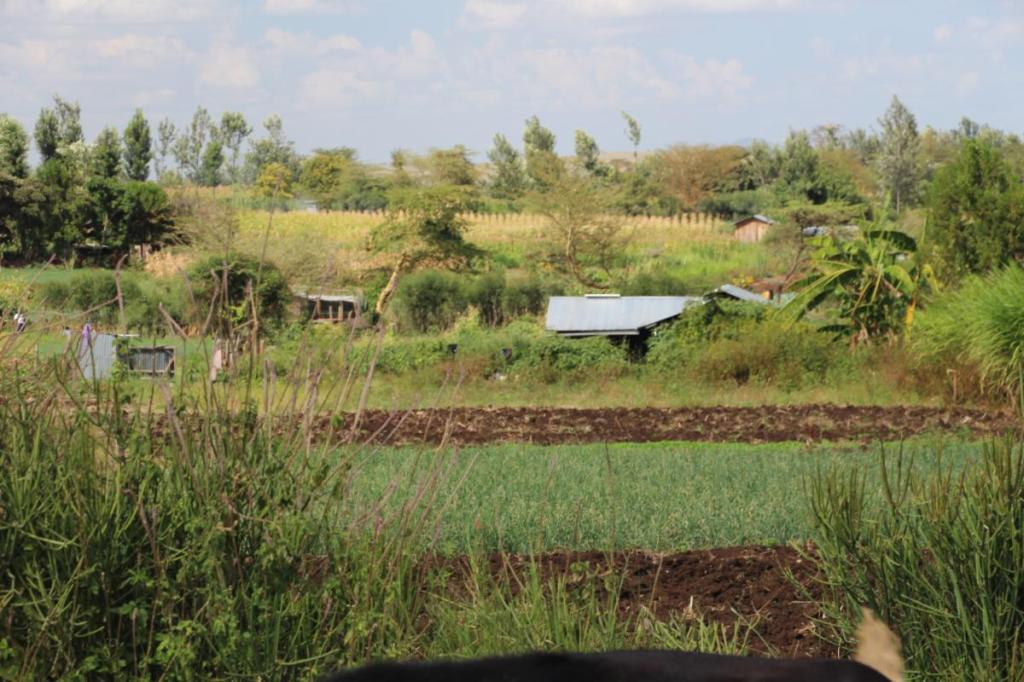One of the many benefits of the structure of WMI’s loan groups is the ability for the women to build community amongst themselves. Living in the same community and seeing other borrowers working hard in the community allows them to come together and even address communal issues. The women in WMI’s loan hubs in central Kenya exemplified this by forming self-help groups for a host of distinct reasons and found a path to the WMI loan program in different ways.

Neema Group (meaning Grace) was started by local village women in 2004 to respond to the HIV/AIDS epidemic. Many children in the area lost their parents and the ladies acted as guardians for the orphans. They supported one another and accessed a Save the Children program that provided education and nutritional supplements for the children for five years.


When that program ended the Neema Group stayed together and members started contributing regularly to a group savings pool, lending the funds to members on a rotating basis.
The loans are used for small, short-term expenses and paid back each month. In 2009, Neema Group applied to become part of the WMI/Lewa microfinance initiative and with excellent internal governance and a good savings culture they were accepted into the loan program.


Members have never missed a repayment deadline since joining the loan program. They manage their individual businesses but continue to co-operate in joint ventures like potato farming.
They hired a shamba (farmland) as a group and are growing Irish potatoes. At harvest they will earn about $2,000. They will use the money to pay school fees and buy supplies for the orphans they still support. If there are any funds left over, they will use them for their internal table banking loans.
One of the members of Neema Group is Jamarose. She is married and has six children, aged one and a half to eighteen. She is an onion farmer. Each harvest can yield 3,000-5,000 kilos of onions which sell for 50 cents a kilo at market. She can also store them in her root cellar and wait until prices rise if she does not want to sell them directly after harvesting. She usually plants three crops a year.

Lewa provides inputs and seeds for each planting as well as ongoing agricultural training sessions. Fake seeds are a big problem in East Africa and farmers must be exceedingly careful not to be duped into buying them.
Jamarose also grows corn which is harvested at a different time of the year than onions. This way she generates a steady income stream.


With income from the farm Jamarose bought a cow which she uses for milk for her family. The cow is expecting and she will sell the calf and reinvest the profits in the farm. With past savings she was able to build her own house. Right now she is saving to send her oldest daughter to University.
Community support is essential to the growth and sustainability of women’s businesses in WMI. When WMI borrowers and other community members are able to come together community issues can be addressed